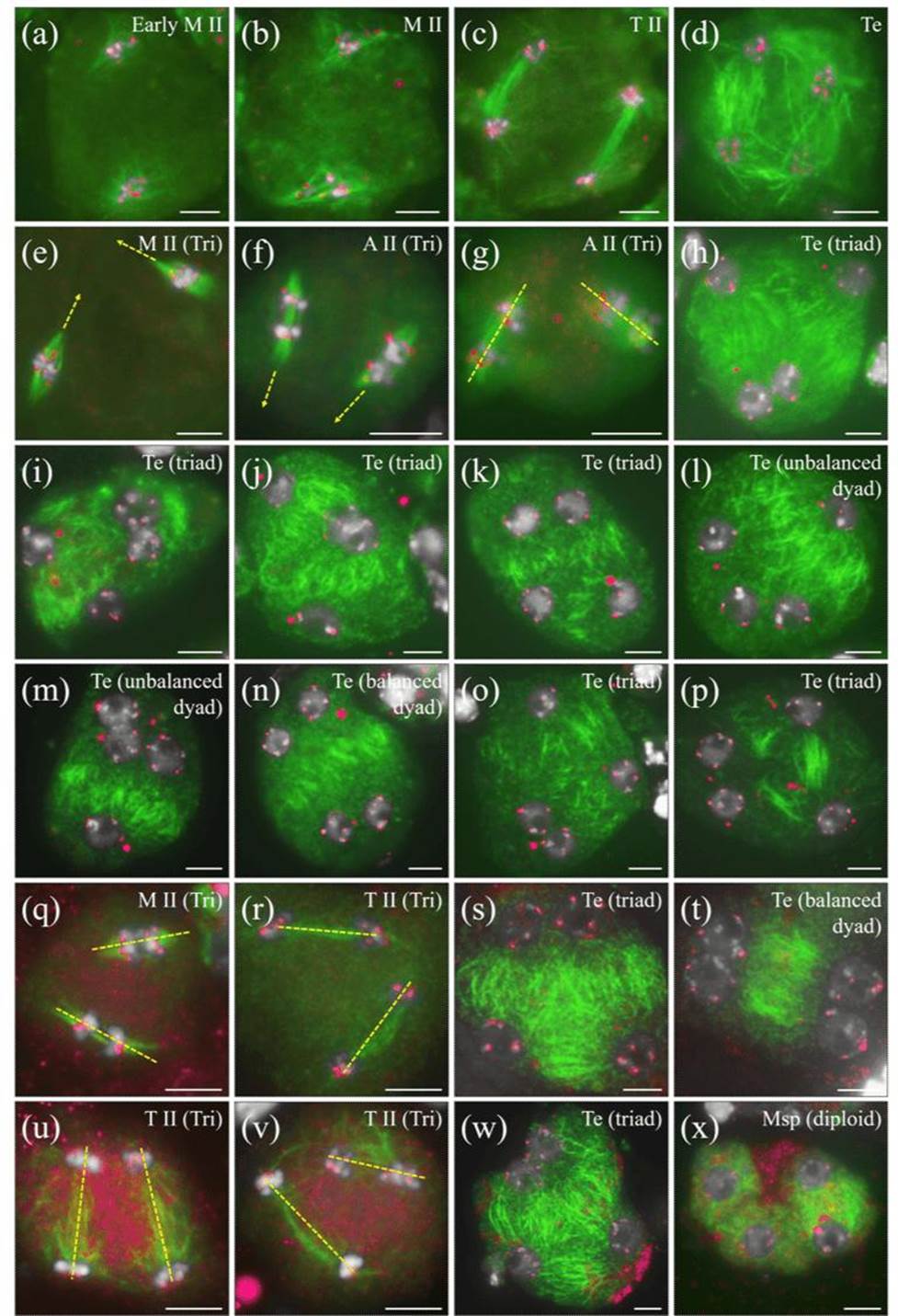On July 22, a research team led by Professor Liu Bing from the School of Life Sciences at SCMU published a paper titledUltraviolet attenuates centromere-mediated meiotic genome stability and alters gametophytic ploidy consistency in flowering plantin the prestigious plant science journal New Phytologist (https://nph.onlinelibrary.wiley.com/doi/epdf/10.1111/nph.19978). Fu Huiqi, a 2022 graduate student from the School of Life Sciences, is the first author, with Professor Liu Bing as the corresponding author. SCMU is listed as the primary institution for this research.
The study reveals that ultraviolet light can affect centromere-mediated genome stability in plant reproductive cells and interfere with the conformation of spindles and phragmoplasts during the second meiotic division, thereby influencing the ploidy of male gametes. These findings suggest that ultraviolet light may play a role in the genome evolution and polyploidization process of angiosperms by affecting meiosis. With the increasing frequency of extreme weather events posing significant threats to the ecological environment and food security, understanding the molecular genetic mechanisms of how plant meiosis responds and adapts to environmental stresses is crucial. This research provides important theoretical insights for the innovation of stress-resistant crop germplasm.

UV interferes with the normal conformation of spindles and phragmoplasts during the second meiotic division. Image provided by the School of Life Sciences
In recent years, Professor Liu’s research group (http://www.arameiosis-bl.cn/) has focused on how plant meiosis responds and adapts to environmental stresses, particularly high-temperature stress. They have conducted a series of studies (Lei et al., 2020; Ning et al., 2021; Fu et al., 2022; Zhao et al., 2023). Currently, the team is further investigating the molecular genetic mechanisms of plant meiosis adaptation to high-temperature stress and the mechanisms by which ultraviolet light affects homologous recombination and cohesion stability during plant meiosis. This research was supported by the National Natural Science Foundation of China, the Natural Science Foundation of Hubei Province, and the Wuhan Knowledge Innovation Special Project.